Articles
-
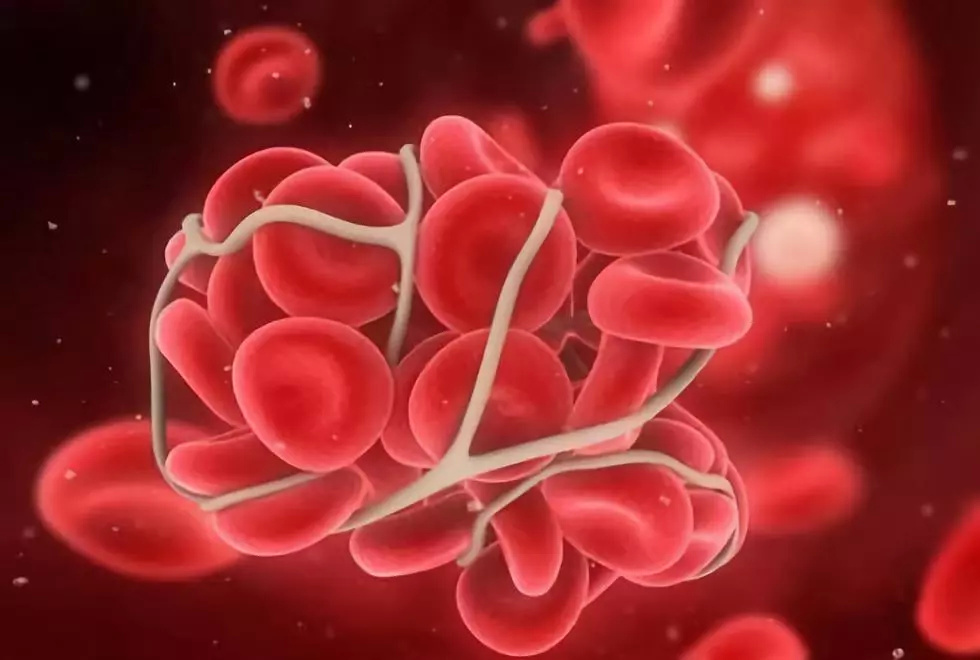
What is the most common thrombosis?
If the water pipes are blocked, the water quality will be poor; if the roads are blocked, the traffic will be paralyzed; if the blood vessels are blocked, the body will be damaged. Thrombosis is the main culprit of blood vessel blockage. It is like a ghost wandering in t...Read more -
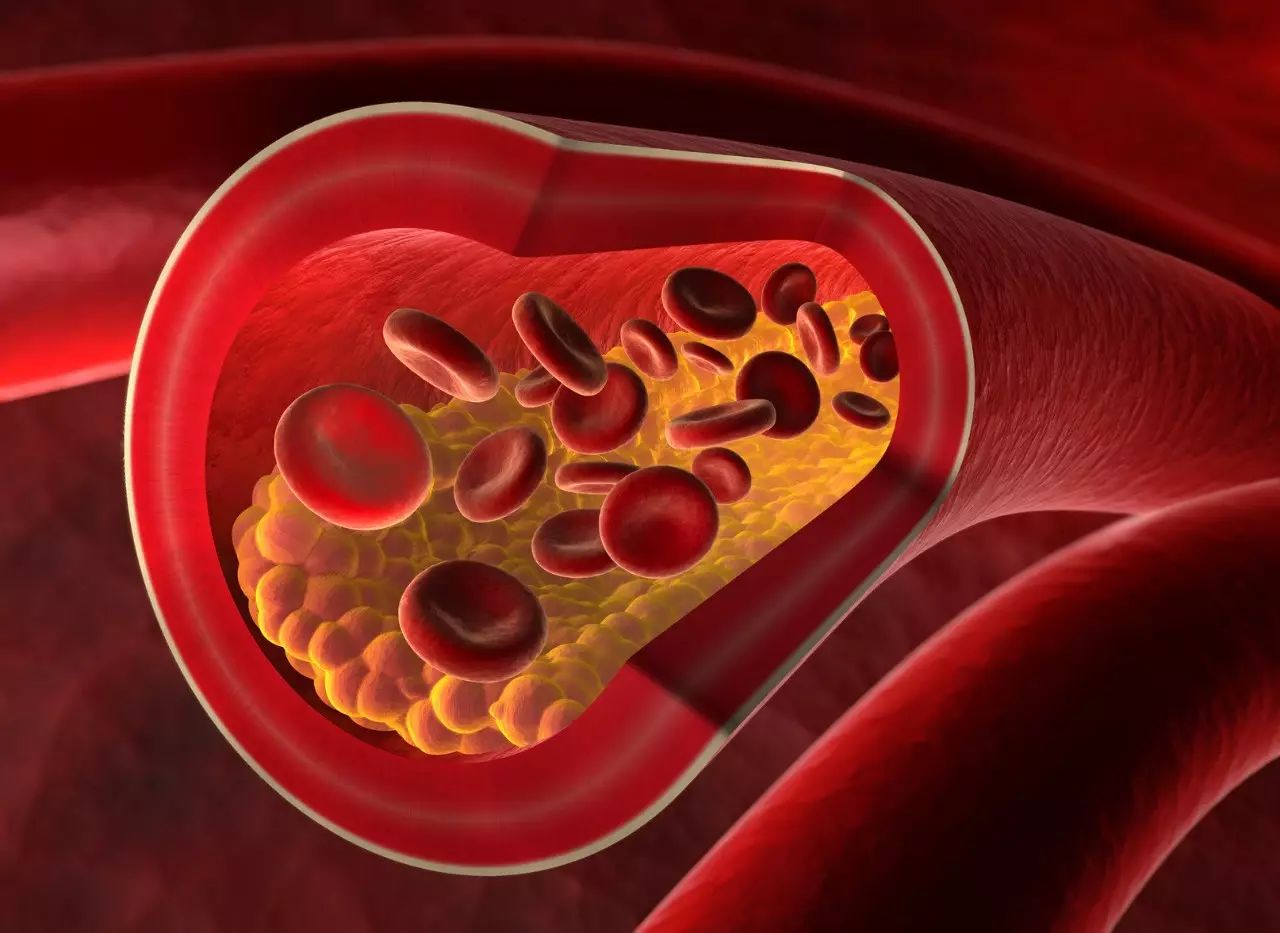
What can affect coagulation?
1. Thrombocytopenia Thrombocytopenia is a blood disorder that usually affects children. The amount of bone marrow production in patients with the disease will be reduced, and they are also prone to blood thinning problems, requiring long-term medication to control the di...Read more -
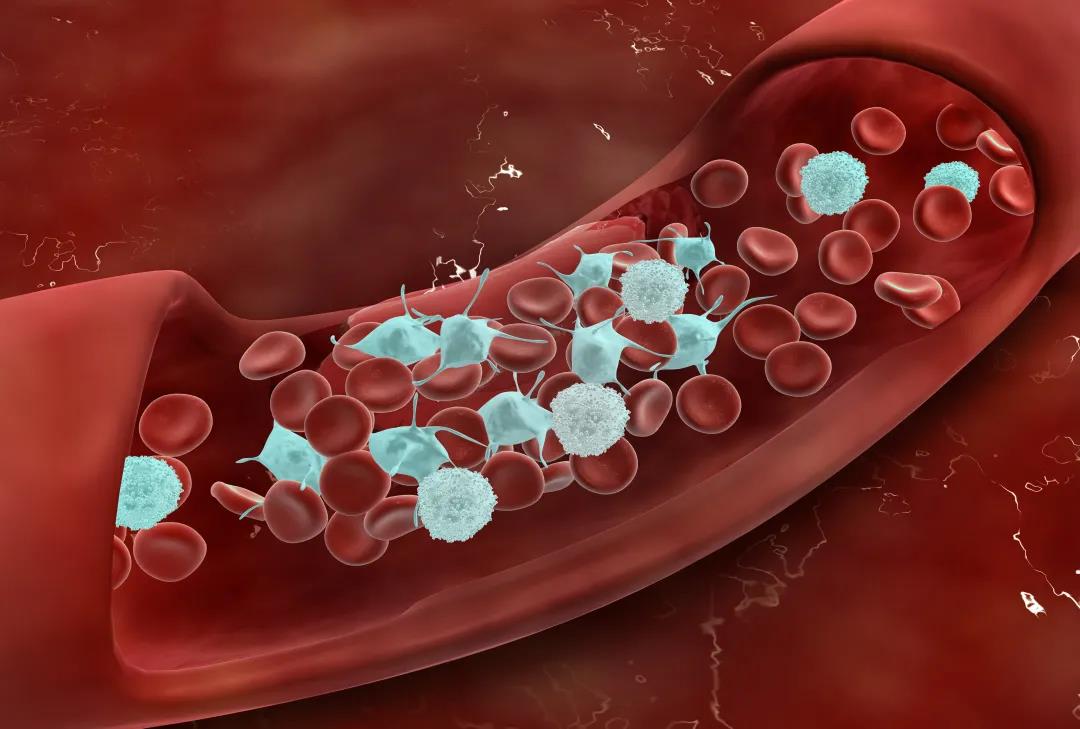
How do you know if you have a thrombosis?
A thrombus, colloquially referred to as a "blood clot," blocks the passage of blood vessels in various parts of the body like a rubber stopper. Most thromboses are asymptomatic after and before onset, but sudden death can occur. It often exists mysteriously and seriously...Read more -
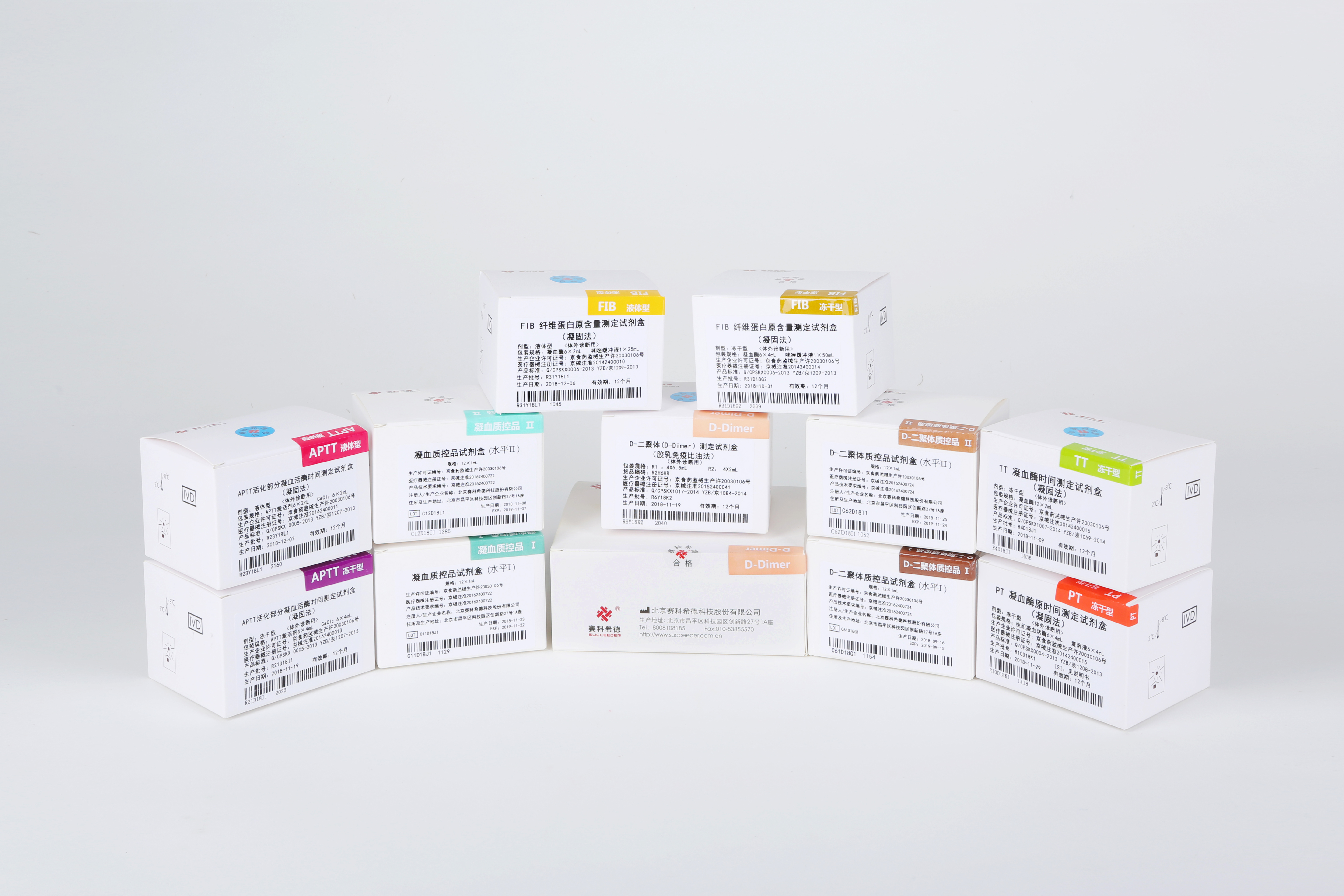
The Necessity of IVD Reagent Stability Test
IVD reagent stability test usually includes real-time and effective stability, accelerated stability, re dissolution stability, sample stability, transportation stability, reagent and sample storage stability, etc. The purpose of these stability studies is to determine t...Read more -
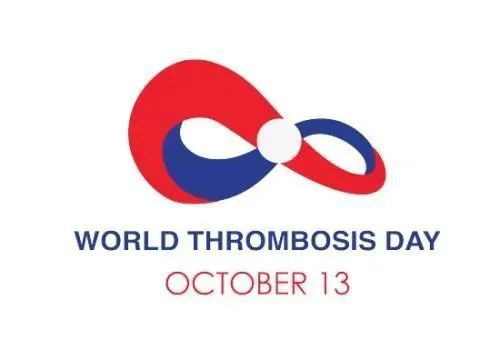
World Thrombosis Day 2022
The International Society of Thrombosis and Hemostasis (ISTH) has established October 13 every year as "World Thrombosis Day", and today is the ninth "World Thrombosis Day". It is hoped that through WTD, the public's awareness of thrombotic diseases will be raised, and t...Read more -
.png)
In Vitro Diagnostics (IVD)
The Definition of In Vitro Diagnostic In Vitro Diagnosis (IVD) refers to a diagnostic method that obtains clinical diagnostic information by collecting and examining biological samples, such as blood, saliva, or tissue, to diagnose, treat, or prevent health conditions....Read more







.png)
 Business card
Business card Chinese WeChat
Chinese WeChat English WeChat
English WeChat